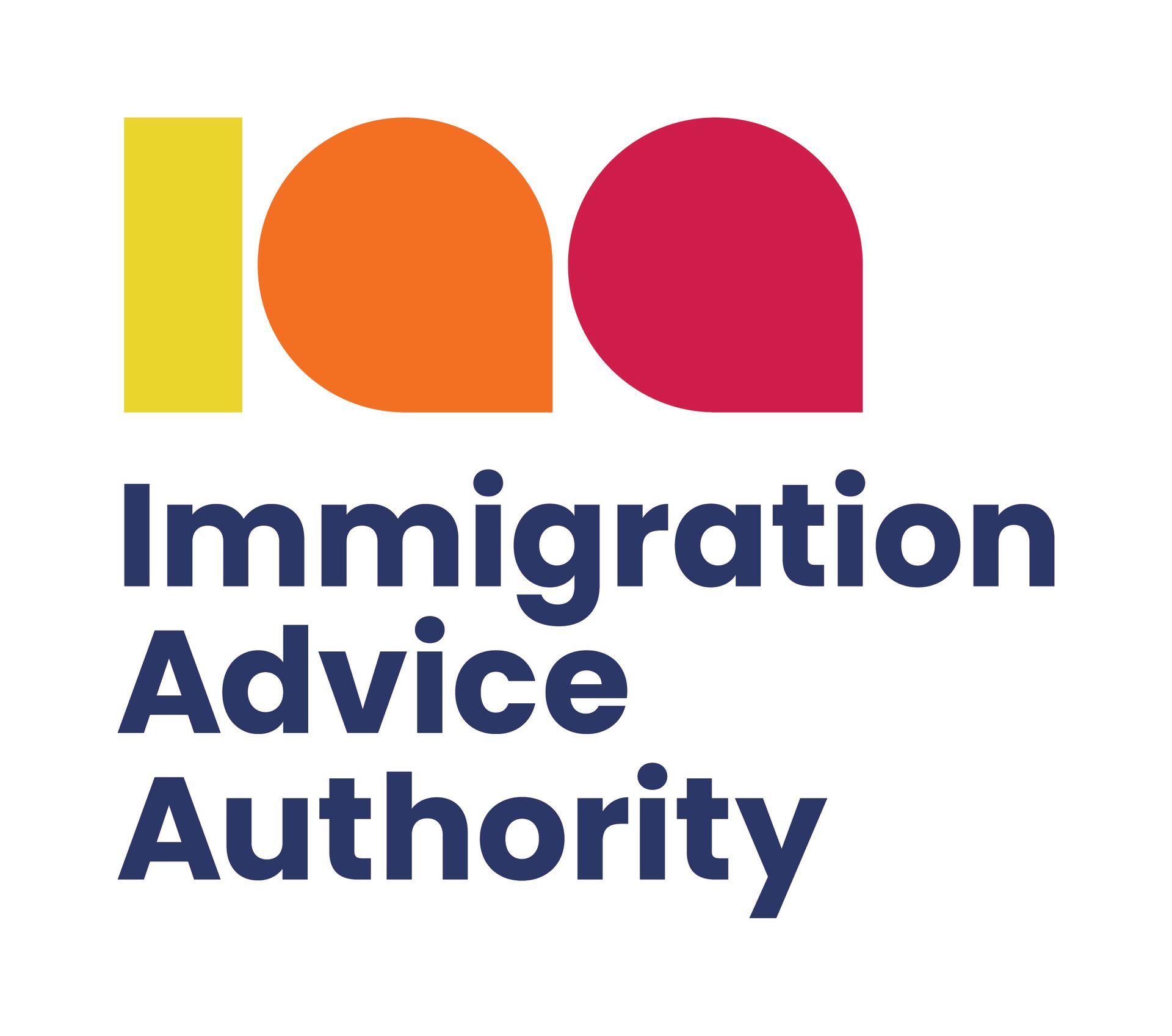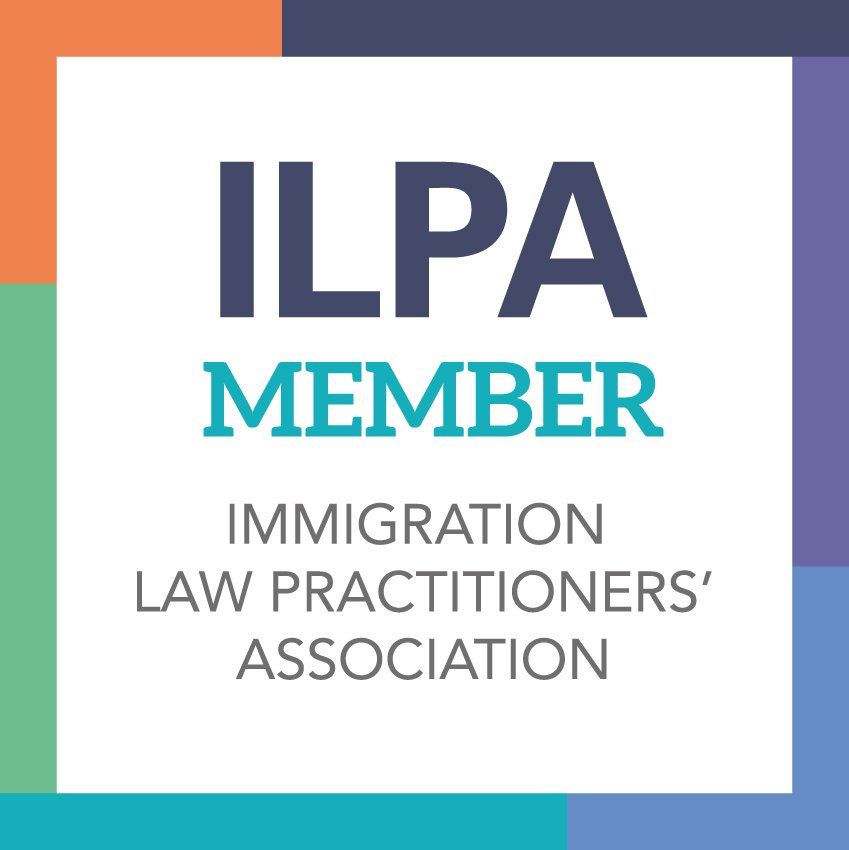Family Visas Q&As
To help you understand family visa applications, we have listed below a number of questions we are generally asked by our clients. We have provided answers to all of these questions which we hope you will find helpful.
If you still need a question answered, you can complete our 'Request a Call Back' form below.
Below questions and answers are not specific to any particular family visa but covers family visas in general.
To learn more about about a particular family visa, select one of the 6 links below.
Understanding what each family visa is for
FLR means Further Leave to Remain (can only use this form if in the UK)
FLR (AF) means HM Forces partner & child of a British or foreign/Commonwealth HM sponsor, and family members discharged and transitional arrangements
FLR (FP) means on the basis of your family life as a partner, parent or dependent child or on the basis of your private life in the UK
FLR (IR) means other visa routes includes UK Ancestry, Parent of Tier 4 child, Domestic worker in private household or victim of slavery/human trafficking
FLR (M) means application to apply under family life as a partner of child dependent
BRP
means Biometric Residence Permit is your permission status to remain in the UK
Throughout the above 6 link pages you will see the above abbreviations and also below in the Q&As.
What type of family visas are there?
You have 5 main sub-categories, they are:
- Apply as a partner or spouse
- Apply as a parent
- Apply as a child
- Apply as an adult coming to be cared for by a relative
- Apply on the basis of your private life
Each of these 5 visa route will have different requirements for entry and to remain in the UK. Learn more.
If I am in the UK without a valid visa, can I switch into this visa route?
No, you must have valid leave to be able to switch into this visa route. If you have a visa, but it has expired, you might be able to switch, this will depend on your unique circumstances and when your visa expired.
IMPORTANT NOTICE
If your visa has expired and you plan to switch into this visa route, the rules were amended in March 2017. It was announced that from 6 April 2017 the 28 days rule permitted to switch as an 'over stayer' would now be 14 days . This is known as the 'grace periods' and when you apply you need to explain why you overstayed.
If I entered the UK to get married or enter into a civil partnership, which visa should I take?
If you entered the UK to marry a UK settled person then you would apply under FLR (M). Your entry visa would normally be issued for 6 months and you would have needed to marry within that time period and obtained your original marriage certificate. Learn More.
Do I need to provide evidence of English via these visa routes?
In most cases yes, this will all depend on the visa form you are applying under and your unique circumstances. Learn more.
Note: There are different requirements for UK entry visa, further leave to remain and settlement, to learn more about English click here.
Do I need to demonstrate finances for these visa routes?
In most cases yes, this will all depend on the visa form you are applying under and your unique circumstances. Learn more.
Note: Their are different financial limits to meet if you sponsor additional family members like children.
What type of information should I give in the visa application form?
It does depend on a number of factors that include:
- Applying to enter the UK
- Applying to remain in the UK
- Type of family visa you are applying under
- Who is your UK sponsor (family member)
- Family applying to enter the UK
- Your unique circumstances.
Filling out a visa form is not the hard part of the application, it is understanding the immigration rules and knowing what actual evidence to provide as every application is unique.
In most applications you will be expected to provide the following information, but entry and visa renewal do ask different questions:
- Provide your full name as stated in your travel document
- Declare any name changes
- Provide your date of birth
- Provide your nationalities
- Provide details of previous UK visa applications
- Provide any previous visa approvals relating to the UK
- Provide any adverse immigration history relating to the UK (visa refusals, appeals, deportation. overstaying, denied UK entry etc.)
- Declare any criminal convictions including speeding fines (UK and worldwide)
- Declare travels to the UK and travels to other countries
- Provide details of your parent's nationalities, place and country of birth
- Provide where you plan (UK entry) or are living (further leave to remain) to live in the UK
- Provide your national insurance number if you have been issued one
You will also be expected to provide original documents:
- current passport or other valid travel ID;
- provide any previous passports you held and if no longer in your possession explain why;
- return your biometric residence permit to the Home Office if applicable to you;
- provide 2 recent passport-sized colour photos of each family member applying for a visa;
- provide 1 recent passport-sized colour photo of the UK sponsor (family member);
- provide per family member tuberculosis test results if you’re from a country where you have to take the test;
- provide a translation of any document that is not in English or Welsh
- provide financial statements and pay slips and possible employment contract*;
- provide cash savings*;
- provide evidence if self-employed or director of limited business*.
*The financial rules can be very complicated, this all depends on the UK sponsor (family member) who is sponsoring the non-EEA family members.
How can I prove I am related to my UK sponsor (family member)?
This will depend on the relationship. In most visa applications to be a 'direct family' member, such as:
- Partner
- Spouse
- Parent
- Child
- Adult coming to the UK to be cared for
Children
can be more complex if you are not the child's biological parent such as 'Adopted' or 'Legal Guardian'. If this is the case, you should obtain legal advice prior to applying for the visa.
If you fall under unmarried partner
route, this can also be complex because with marriage you have a marriage certificate, but as an unmarried couple you do not. Just because you have a marriage certificate does not mean the marriage is 'genuine'. All visa applications must demonstrate being in 'Cohabitation', this means living together. If you live apart it makes it much more complicated, but still can be proved. Home Office rules stipulate unmarried couples must live together for 2 years to apply under this visa route, but if you can demonstrate you have a loving relationship not living together, it be up to the discretion of the caseworker if your application shows a 'genuine' relationship. If you are looking to apply under this route, you should obtain legal advice before applying.
What if my relationship breaks down whilst in the UK?
Most family visas state you need to be in a relationship for 5 years before you can apply for settlement status. If your relationship breaks down before 5 years, we would need to know the definition of 'breaking down'. If both parties separated as living in different homes, this must be reported to the Home Office and it is likely the migrant family member(s) will be asked to leave the UK. If their is a British child involved, this changes everything. If still living together but do not get on, you are still technically in a relationship. Separation can be different per family and unique circumstances can change how best to contact the Home Office. It is highly recommended you obtain legal advice before contacting the Home Office.
Who are classed as non-visa nationals?
If you are one of the following:
- British citizens
- EEA nationals
- Permanently settled
You no not fall under immigration control or need to apply under this visa route.
If a family member holds dual nationalities say South African and Polish, that family member would fall under EEA rules.
If a family member holds dual nationalities say British and South African, that family member is exempt from having to apply for a visa.
Where dual nationalities are held, you can enter the UK on one where it is exempt from having to apply for a visa and if this is the case, no need to demonstrate for that family member of meeting the financial requirements.
I entered the UK in or before 2012, how does this affect me?
If you were given permission by the Home Office to enter or switch into the family route before 9 July 2012, you fall under the 2 year rule of settlement. If you were granted permission on or after 9 July 2012, you fall under the new 5 year rule before settlement. The 9 July 2012 also affects the financial rules so if approved before 9 July, you do not have to meet the new financial rules of £18,600 per annum.
Did you find what you were looking for?
If not do not worry, contact us free today for free impartial advice and we will see if we can help you.
When contacting us, ensure you explain as much as possible why you need help because if you send us vague or incorrect information, it will make our job much harder to diagnose your issue.
Is my information safe with G4I?
Any information provided to us is not used outside of your enquiry. If you do not become a client of G4I, we will delete any information you send us.
Appointment Times
You can only request a call back from
9.00am
to
5.30pm Monday to Friday
unless otherwise agreed by G4I.
REQUEST A CALLBACK
Contact us today and claim your free 30 minute consultation



